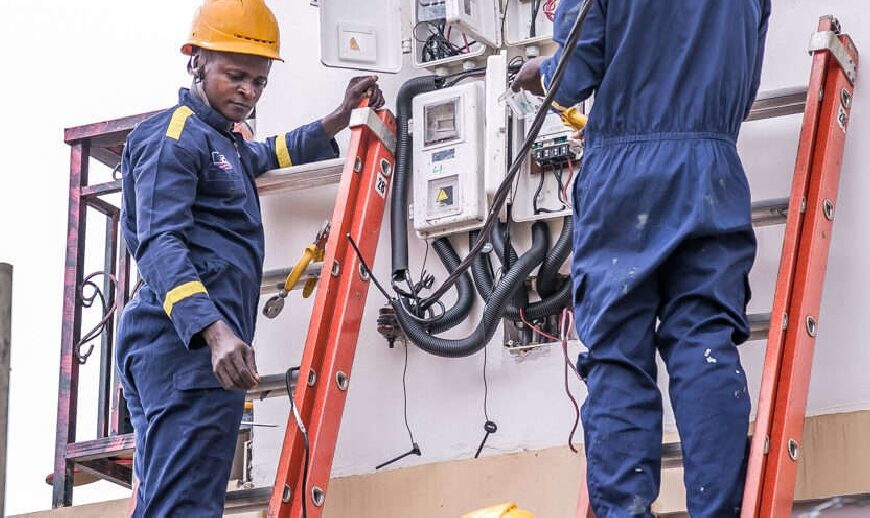Lagos, Nigeria — Nigeria is on the brink of another nationwide fuel scarcity as the Nigeria Union of Petroleum and Natural Gas Workers (NUPENG) prepares for industrial action against the Dangote Refinery. The union has announced plans to halt operations beginning Monday, September 8, 2025, over alleged labor violations by the refinery.

Labor Dispute Escalates
NUPENG accuses the Dangote Refinery of anti-labor practices, specifically the refusal to allow unionization of drivers operating its 10,000 Compressed Natural Gas (CNG) trucks. According to the union, this policy contravenes workers’ constitutional rights to freedom of association and breaches Nigeria’s obligations under international labor agreements.
In protest, NUPENG has ordered its members to suspend all loading activities from the Dangote Refinery. This directive could cripple fuel distribution across the country and exacerbate ongoing supply challenges.
Technical Setbacks at Dangote Refinery
The timing of this dispute is particularly critical. The refinery’s gasoline-producing unit, a 204,000 barrels-per-day Residue Fluidized Catalytic Cracking Unit (RFCCU), has been offline since August 29 due to technical issues, including catalyst leaks. Repairs are expected to take at least two weeks, reducing the refinery’s capacity to meet national fuel demand.
Distribution Bottlenecks and Fuel Hoarding
Despite the refinery’s massive capacity—over 30 million liters of fuel produced daily—distribution remains sluggish. According to Dangote Group, more than 500 million liters of fuel are currently sitting in storage tanks, uncollected. Fuel marketers reportedly cite high transportation costs and pricing concerns as reasons for not lifting the product.
This reluctance has created a bottleneck in the supply chain, leading to losses for the refinery and continued scarcity at fuel stations nationwide.
Currency and Regulatory Issues
Further complicating the situation, the Dangote Refinery earlier suspended fuel sales in the local currency, the naira, due to foreign exchange losses incurred from purchasing crude oil in dollars while selling refined products locally in naira. This move has contributed to rising fuel prices and put additional pressure on the already volatile currency.
Regulatory scrutiny has also intensified. A parliamentary committee has been tasked with investigating crude supply shortages at local refineries and the influx of substandard imported fuel. These developments add another layer of uncertainty for both producers and consumers.
Implications for the Nation
With the union poised for a shutdown, a major refinery unit offline, and marketers reluctant to lift fuel, Nigeria faces a perfect storm. If the standoff continues, fuel queues could reappear, transportation costs may rise, and inflation could further spiral.
Industry experts are urging the federal government to intervene swiftly. They warn that without prompt resolution of the labor dispute and distribution issues, the country risks sliding into a prolonged and painful fuel crisis.

















